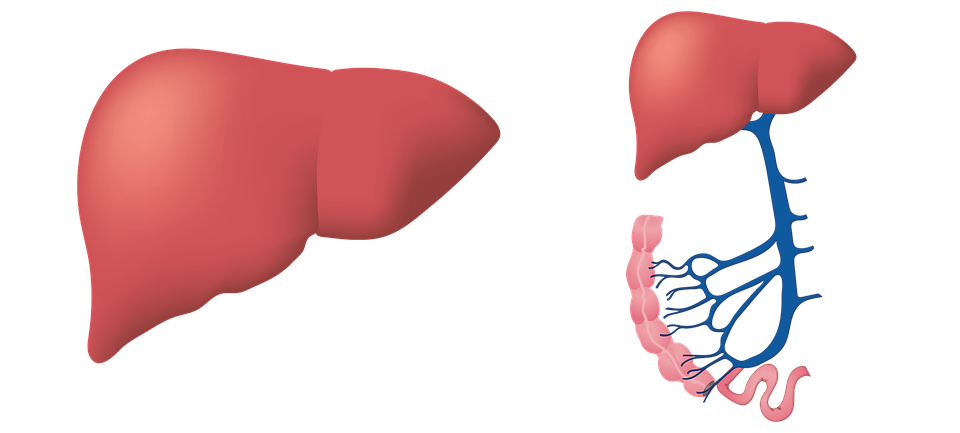One recognition of the nutritional capabilities of pasta comes from Canada. In a recent paper, author, Yanni Papanikolaou of Nutritional Strategies Inc, Paris, ON, Canada evaluated the relationship between pasta consumption and diet quality in both children and adults.
The pasta was wheat-based and egg-free, and the comparison was with people who did not consume pasta.
The study found that pasta consumption was significantly associated with better diet quality than subjects who did not consume pasta.
Particularly in pasta consumers there was a reduction in intake of added sugars and saturated fat, while there were no differences in levels of sodium, potassium, calcium, and vitamins A and D.
It is also interesting to note that in women, aged 19 to 50 years, there was a reduction in body mass index, waist circumference and body weight, compared with those who did not consume pasta.
Pasta consumption was found to be associated with better diet quality and higher intakes of several nutrients, including folate, iron, magnesium, and dietary fiber.
Pasta consumers also had lower daily intake of saturated fat and added sugars than non-pasta consumers, with no differences in total daily calories and sodium intake.
In conclusion, the study author suggests that pasta should be consistently included in diets dedicated to both children and adults in order to increase its nutritional quality.




































































































